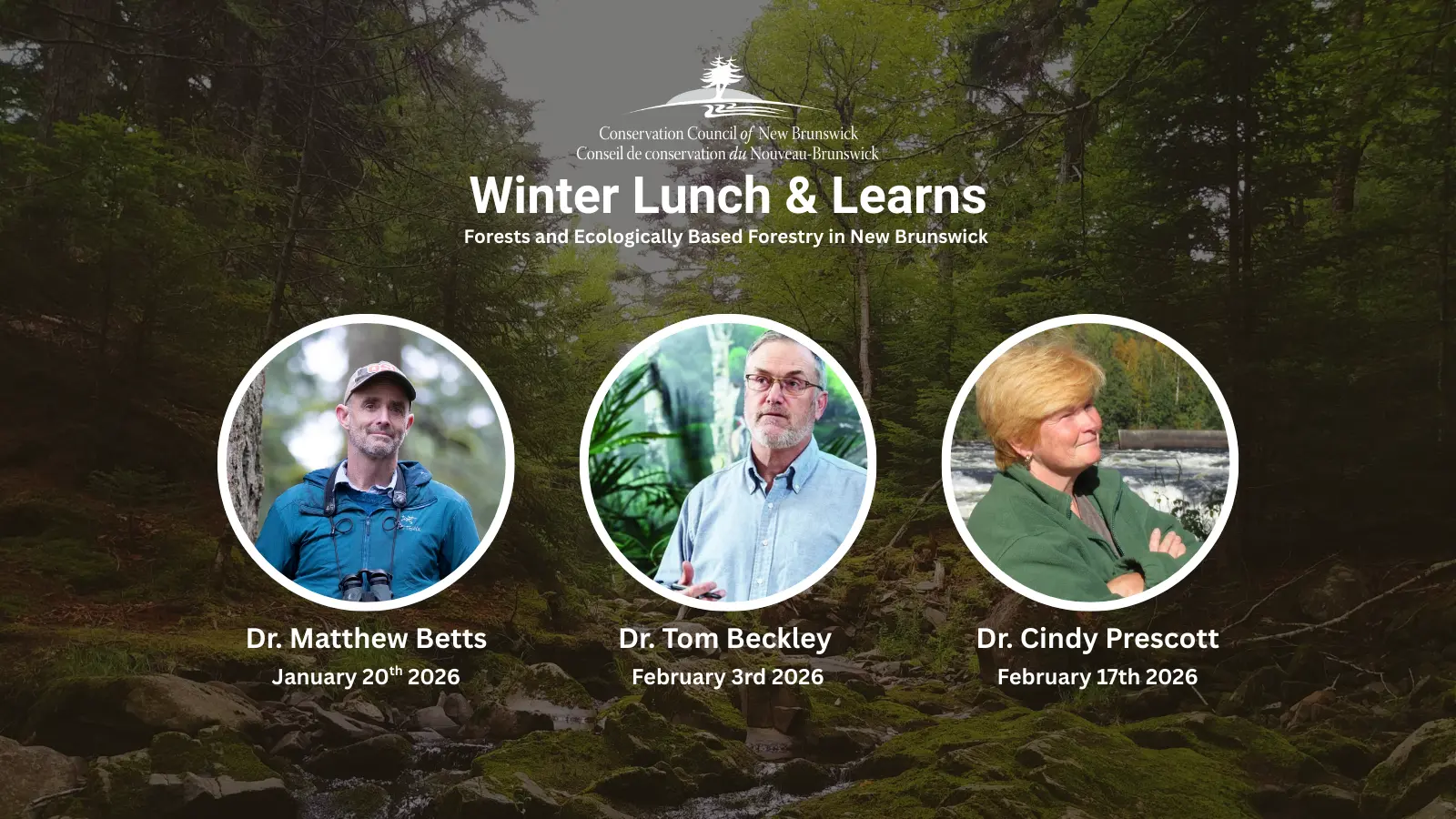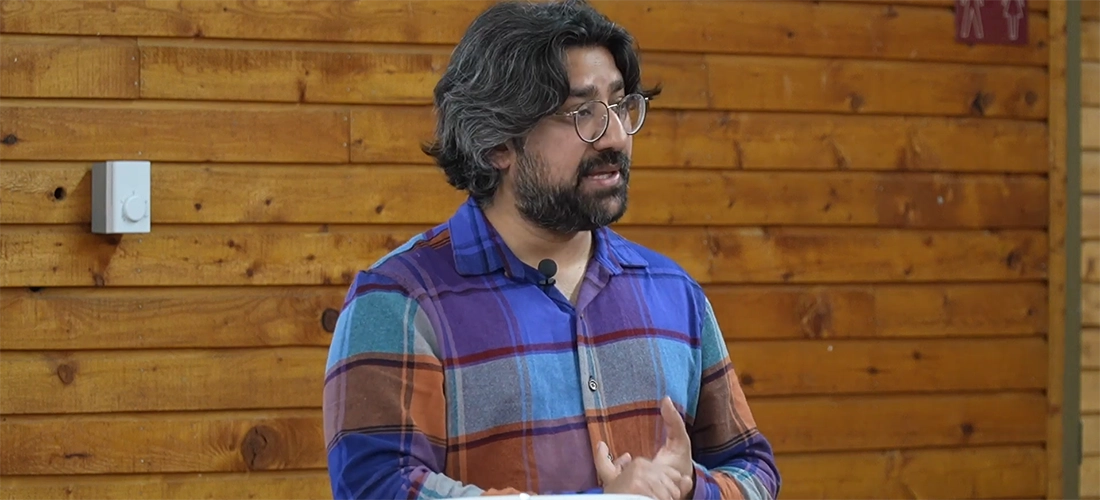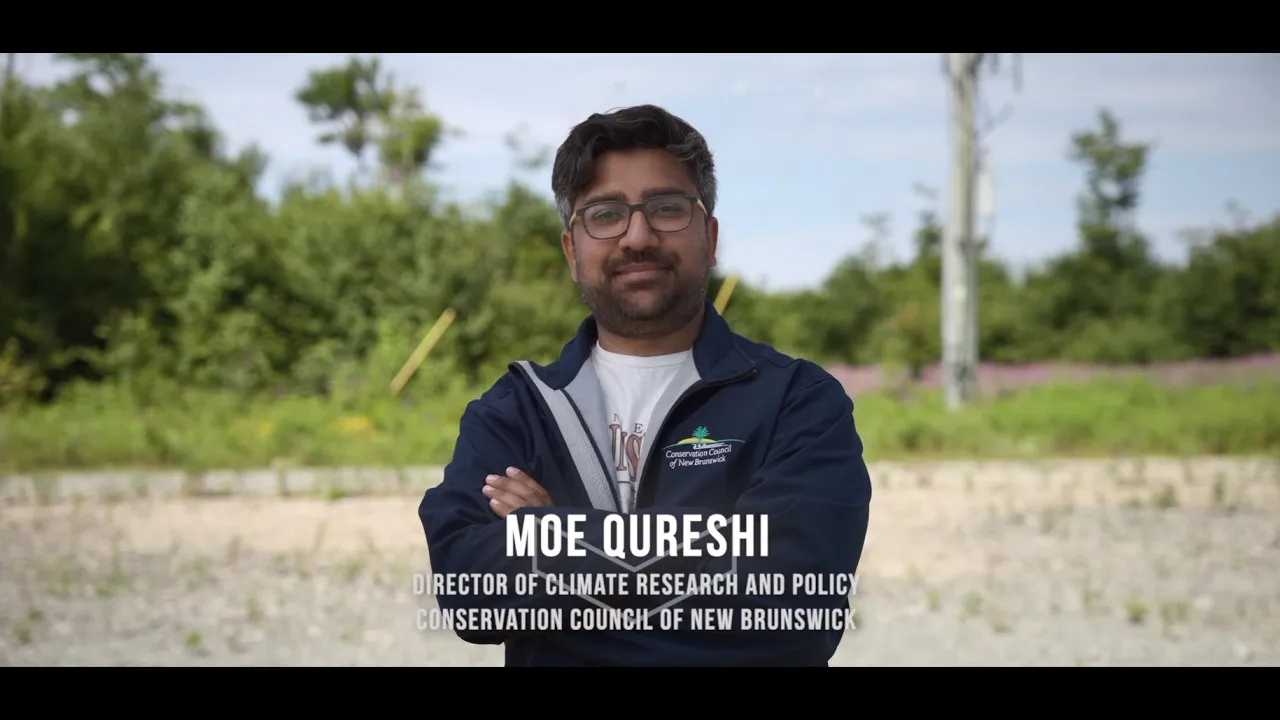Be part of the solution
Protecting the land, air and water in New Brunswick.
Working on environmental issues since 1969 as a registered charity and an environmental non-profit organization (ENGO).
We’re proud of over 50 years of accomplishments!
Stay up-to-date on environmental issues in New Brunswick.
Help us protect the land, air and water in N.B.








